‘Campbell Johnstone has helped the global rugby community take a massive leap forward’
The US pro-Rugby player and LGBTQ sports ambassador, Devin Ibañez, discusses the impact Campbell Johnstone's coming out could have on the sport.
By Devin Ibañez

Representing New Zealand as a member of the All Blacks is the ultimate achievement. It’s one that kids across the country wake up every day and aspire to attain. As a result, the pressure associated with representing the rugby club is exponentially higher.
Last week, former All Blacks star Campbell Johnstone came out as gay. In doing so he has helped the global rugby community take a massive leap forward in LGBTQ representation at the highest levels of our sport.
From the outside looking in this may not appear to be groundbreaking news. Test-level rugby players such as Gareth Thomas, as well as referee Nigel Owens, have come out in the past.
But the All Blacks is one of the world’s most historically dominant and decorated international rugby teams. And the culture in New Zealand around rugby is drastically different.
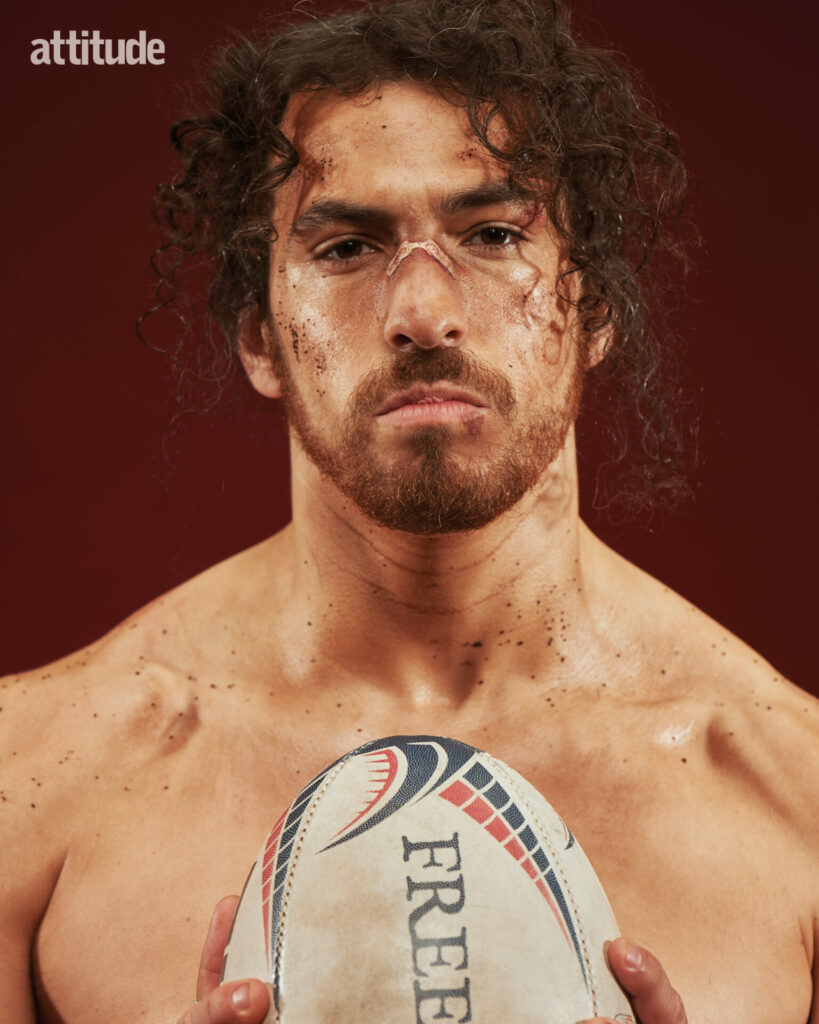
For this reason, many thought that we were still decades away from having someone comfortable to come forward and shoulder the pressures that would come with this historic moment.
In 2016, I took the field with Glenfield Rugby Club every Saturday in the North Harbour Premier Competition and every Friday as a head coach. I had just graduated from university and was still very much in the closet in my sport. I had come out to my parents at the age of 11 years old, but I always felt the need to keep it separate from my rugby career.
New Zealand was no different for me, I kept parts of myself hidden from my teammates as well as the athletes I would coach. The only person I confided in was my best friend, assistant coach, and roommate, Roman.
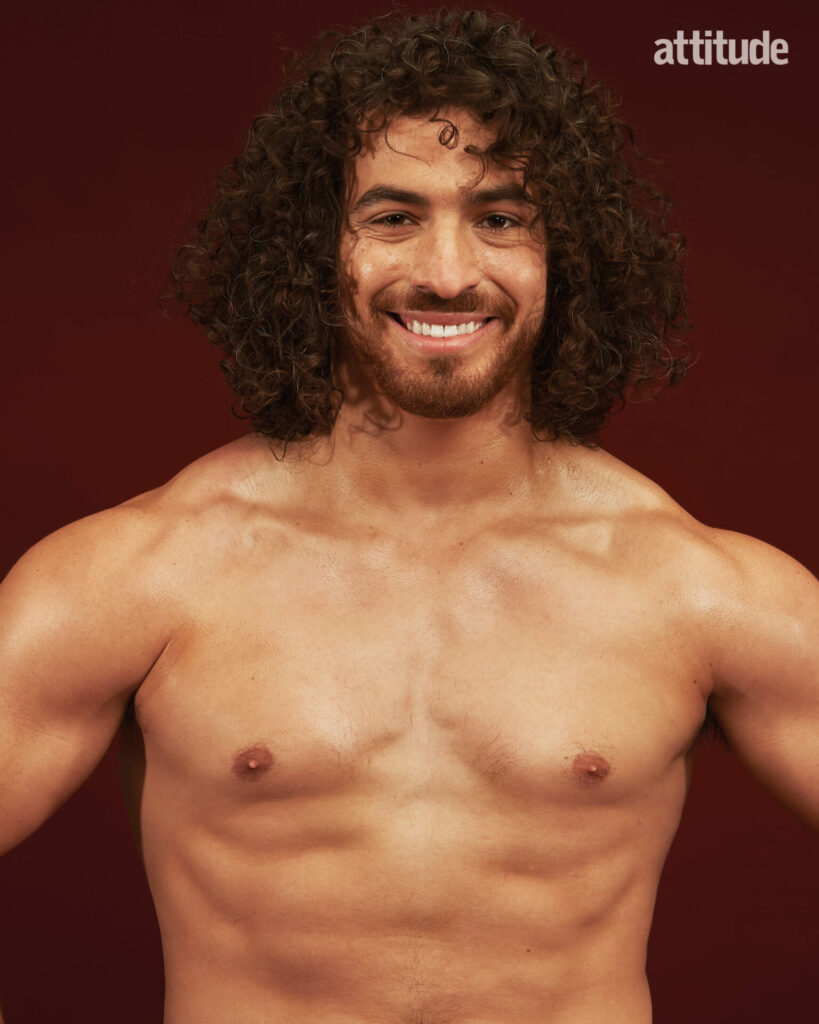
New Zealand culture is world-renowned for its laid-back nature. An underlying value that nothing in life should be taken too seriously and a friendliness that is second to none.
However, it’s also known for its banter. For being able to ruthlessly hurl comments back and forth all in the spirit of fun and knowing that nothing will stick. No matter how offensive, everyone is a target, and no one is safe and therefore everyone is equal.
Working in an all-boys high school as well as playing at the senior men’s level, I saw this culture firsthand. Faculty and coaches alike referred to young boys as ‘fairies’ for not being tough enough. Teammates who got a little too comfortable around each other were accused of being boyfriends. I can only speak about the experiences I had and witnessed, but I know after sharing my experiences with others that this was commonplace.
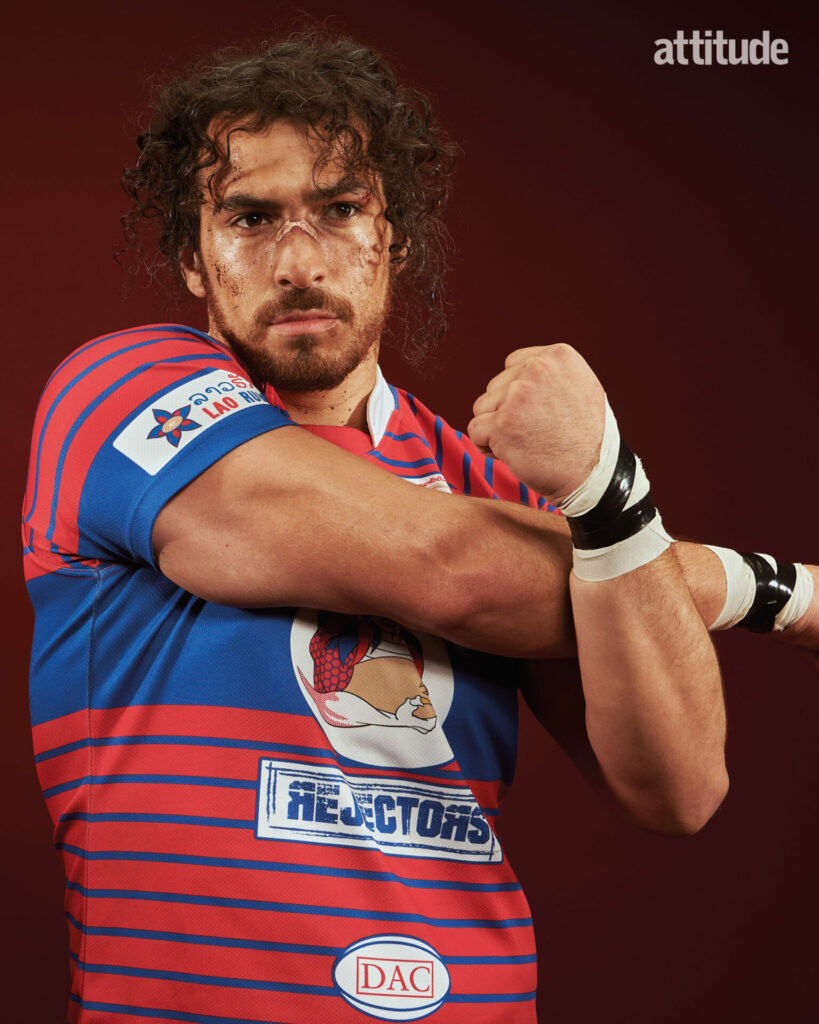
If you were to ask my teammates in New Zealand if they would have any issues playing with a gay teammate, I know they would say ‘as long as they can play, I don’t care.’ But the question is rarely asked would a gay player feel comfortable playing with us?
There is a disconnect in New Zealand as well as the wider rugby community about how our words impact our teammates.
The fact is that for players like me who fear being ostracized or losing opportunities in the sport due to homophobia these comments will never be fair play. The language that is commonplace in New Zealand schools and sporting environments only served to make me feel increasingly isolated from my teammates.
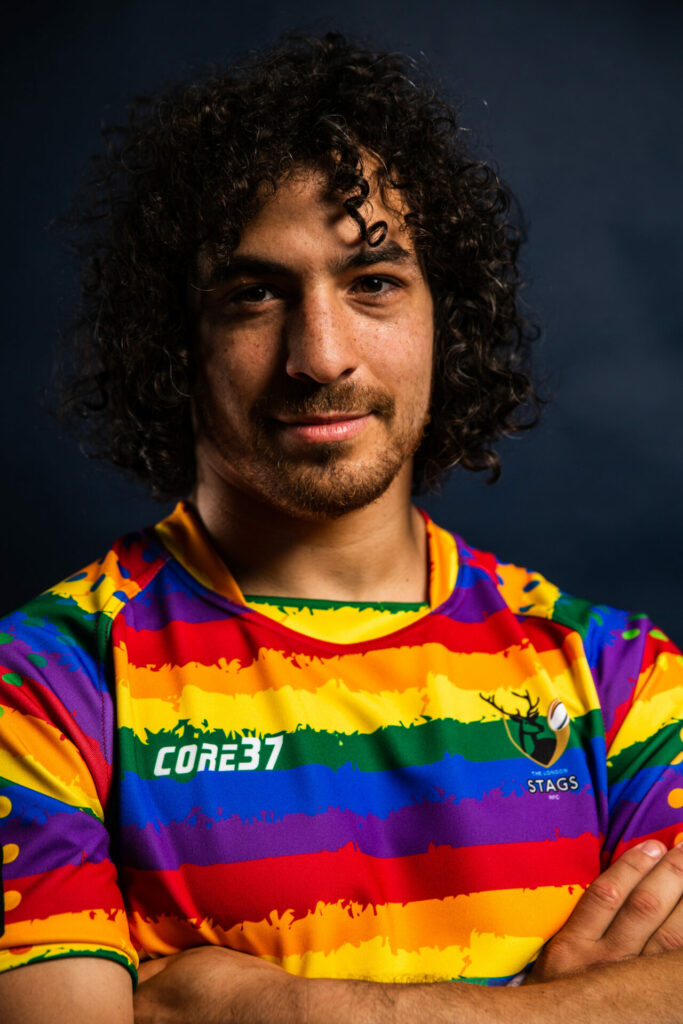
They help confirm your greatest fears, that secretly your teammates think your sexuality is the punchline of a joke, something to be laughed at, and that they would rather be anything but perceived as gay.
These types of comments kept me from feeling comfortable being myself for years.
Now that New Zealand has a role model in Johnstone who reached the absolute heights of the rugby world being open about his experience, I truly hope this will trigger a major shift.
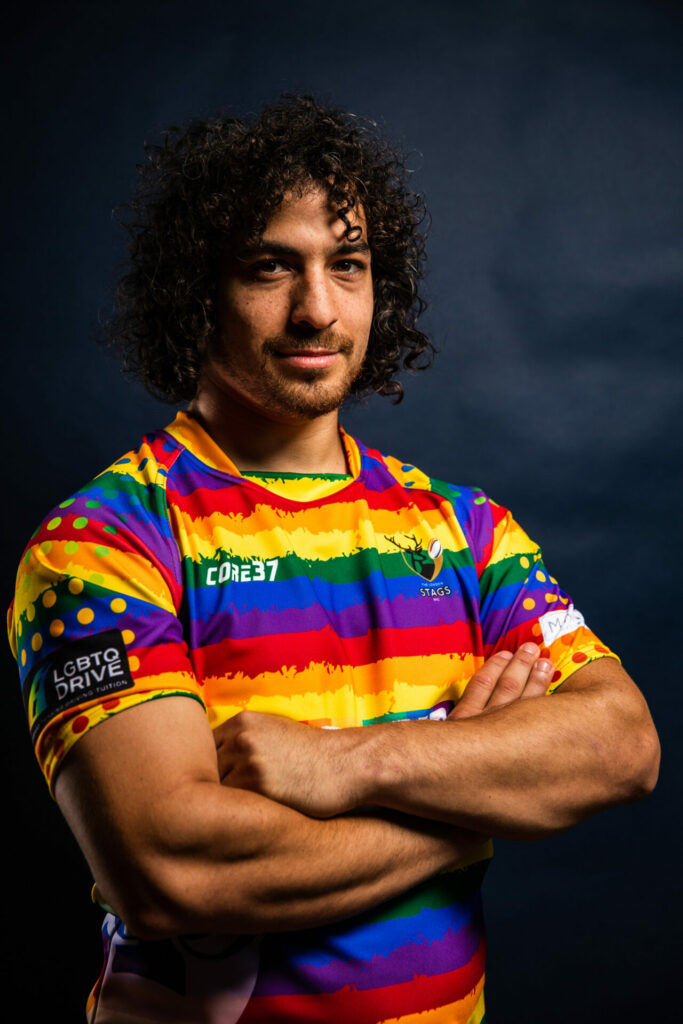
I hope that young kids who come into rugby no longer fear being singled out for not fitting the mold. That they will no longer fear their peers but also those in a position of power will use their presumed sexual orientation to belittle them.
Thank you, Campbell Johnstone, for opening the door to this conversation. If the All Blacks and New Zealand are going to embrace Diversity, Equity, and Inclusion, then watch out, their talent pool may have just gotten that much deeper.
